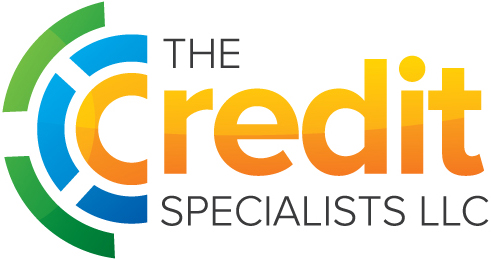How to Dispute Credit Report Errors (Step-by-Step)
Millions of Americans have errors on their credit reports. These mistakes can lower credit scores and cost money. Even small errors may affect loan approvals, interest rates, and job opportunities. The good news is you have the legal right to challenge and remove these errors. In this step-by-step guide, you will learn how to spot and dispute them so you can protect your credit. If you are new to credit repair, first read our guide on the [5 factors that affect your credit score](https://yourwebsite.com/understanding-credit-scores).
Understanding Credit Report Errors
A credit report error is any incorrect or outdated information on your credit history. These mistakes can occur for many reasons. For example, they may be due to lender reporting errors or identity theft. As a result, it is important to review your reports carefully.
Common examples of credit report errors include:
- Accounts that do not belong to you
- Incorrect payment statuses (marked late when actually paid on time)
- Wrong balance or credit limit
- Duplicate accounts
- Outdated negative items that should have been removed
Your Rights Under the Fair Credit Reporting Act (FCRA)
The Fair Credit Reporting Act (FCRA) is a federal law that protects consumers. It gives you the right to accurate, fair, and private credit reporting. You also have the right to dispute any item you believe is inaccurate. The credit bureaus must investigate and respond within 30 days. For more details, visit the official [FTC page on the FCRA](https://www.ftc.gov/legal-library/browse/statutes/fair-credit-reporting-act).
Step-by-Step Process to Dispute Errors
Step 1 – Get Your Free Credit Reports
First, get your free credit reports from [AnnualCreditReport.com](https://www.annualcreditreport.com). You can request reports from Equifax, Experian, and TransUnion once a week at no cost. Having all three reports helps you spot inconsistencies across bureaus.
Step 2 – Review Your Reports Carefully
Next, review your personal information, account details, payment history, and public records. Highlight anything that looks wrong or unfamiliar. For example, you may see an account you never opened or a payment incorrectly marked late.
Step 3 – Gather Supporting Documentation
Then, collect proof that supports your dispute. This can include bank statements, payment confirmations, letters from creditors, or court documents. Having solid evidence increases your chances of success.
Step 4 – File Your Dispute
After gathering evidence, file your dispute. You can do this online, by phone, or by mail. However, mailing a physical letter is often the best choice because it creates a paper trail. Include your personal details, account information, a clear explanation of the error, and copies of supporting documents. For guidance, read our post on [how to write a credit dispute letter](https://yourwebsite.com/write-credit-dispute-letter).
Step 5 – Wait for Investigation
Once the bureau receives your dispute, they have 30 days to investigate. This period may extend to 45 days if you send more information during the process.
Step 6 – Review the Results
Finally, review the results of the investigation. If the bureau confirms the error, they must remove or correct it. If they refuse to make changes, you can add a statement of dispute to your report or escalate the issue.
Common Mistakes to Avoid When Disputing Errors
- Contacting only the creditor but not the credit bureau
- Not keeping copies of your dispute and proof
- Filing a dispute online without saving your own documentation
How a Credit Repair Professional Can Help
A professional credit repair specialist can save time and reduce stress. They know how to use FCRA rights, create effective dispute letters, and follow up persistently until the issue is resolved. At The Credit Specialists, we have helped clients remove inaccurate accounts, outdated collections, and false late payments.
Final Thoughts
Credit report errors are common, but you do not have to live with them. By following this process, you can correct inaccuracies and protect your credit score. As a result, you may qualify for better loan terms, lower interest rates, and more financial opportunities.
If you want expert help, The Credit Specialists offer a free consultation to review your credit report and guide you through the dispute process.
Call us today at 915-302-2525 to get started on your path to better credit.

